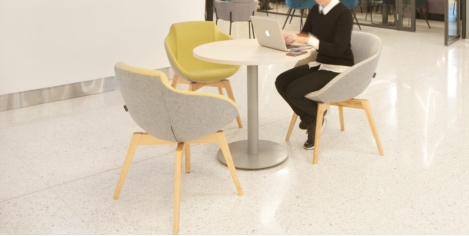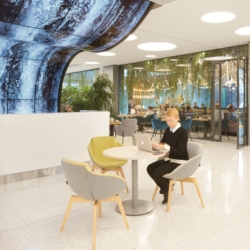August 1, 2022
Nudge theory doesn’t work after all, but we shouldn’t discard the idea completely
 At the end of last year (2021), there was lots of excitement about the first comprehensive analysis of past research on techniques designed to change people’s behaviour (known as “nudging”), confidently showing that they work. This was great news for researchers, but also for governments across the world who have invested in “nudge units” that use such methods. Nudge theory aims to influence people to make better decisions. For example, authorities may set a “better” choice, such as donating your organs, as a default. Or they could make a healthy food option more attractive through labelling. More →
At the end of last year (2021), there was lots of excitement about the first comprehensive analysis of past research on techniques designed to change people’s behaviour (known as “nudging”), confidently showing that they work. This was great news for researchers, but also for governments across the world who have invested in “nudge units” that use such methods. Nudge theory aims to influence people to make better decisions. For example, authorities may set a “better” choice, such as donating your organs, as a default. Or they could make a healthy food option more attractive through labelling. More →











 The current debate about how much space we will need in the office from now on is not new. As with many of the debate’s facets, the point at which we find ourselves has long been our destination. We’re just here earlier than we might have expected.
The current debate about how much space we will need in the office from now on is not new. As with many of the debate’s facets, the point at which we find ourselves has long been our destination. We’re just here earlier than we might have expected. 























August 3, 2022
We can re-imagine the future of human resources
by Richa Gupta • Comment, Workplace